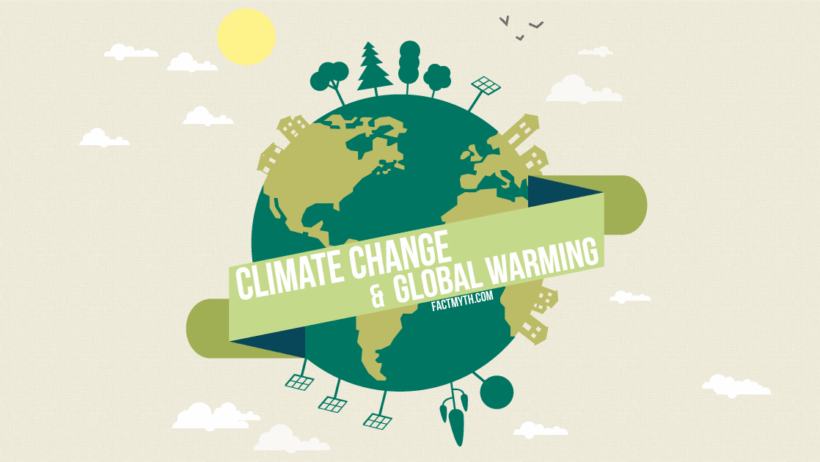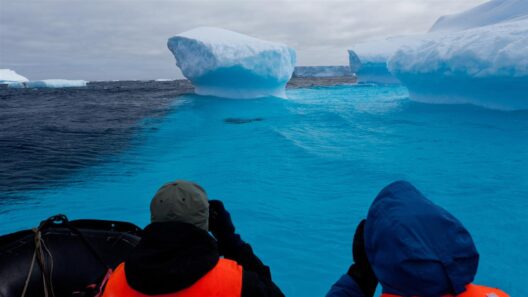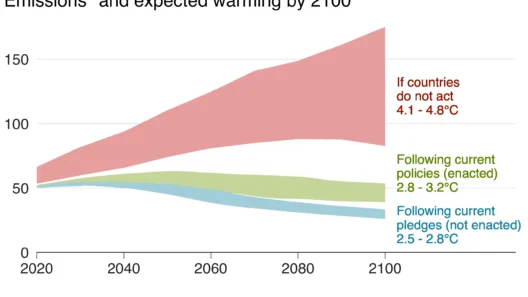In an age where environmental discourse abounds, the terms “climate change” and “global warming” are frequently employed interchangeably. However, these phrases embody distinct concepts that bear significant ramifications on our understanding of environmental shifts. So, what’s the difference between climate change and global warming? To facilitate comprehension, let’s break down these terms, explore their interrelations, and ultimately clarify the confusion that often ensues.
To start with, global warming refers specifically to the long-term rise in Earth’s average surface temperature due to human activities, predominantly the emission of greenhouse gases such as carbon dioxide and methane. These gases trap heat in the atmosphere, leading to a gradual increase in temperatures. Picture it as wrapping the planet in a warm blanket that, while cozy in small doses, becomes stifling over time. This phenomenon has been clearly documented since the mid-20th century, with scientific consensus indicating a dramatic and alarming increase in global temperatures since the Industrial Revolution.
In stark contrast, climate change encompasses a broader spectrum of alterations in climate patterns beyond mere temperature increases. This includes shifts in precipitation patterns, rising sea levels, and more severe weather events, such as hurricanes, droughts, and floods. Climate change can occur due to both human actions and natural processes, including volcanic eruptions or changes in solar radiation. To put it simply, global warming can be seen as a crucial subset of climate change, but climate change also incorporates myriad factors that influence the Earth’s climate system.
One might ponder, “If global warming is primarily about temperature, why should I care about climate change?” The answer lies in the interconnectivity of these phenomena and their implications for ecosystems, human health, and socio-economic structures. A warmer climate exacerbates the intensity of weather patterns and can lead to profound ecological disruptions. For instance, a rise in temperature can induce earlier snowmelt, decreasing the availability of water during critical periods for agriculture. This chain reaction serves as a vivid example of how global warming is intricately linked to climate change.
As one examines the ramifications of these terms, it becomes evident that the effects of climate change extend far beyond temperature fluctuations. Ecosystems that have thrived for millennia are being irrevocably altered. Coral reefs, which are already under duress from thermal stress, face bleaching events caused by elevated water temperatures. This results in decreased biodiversity and the obliteration of habitats for innumerable marine species. In terrestrial ecosystems, altered growing seasons and unpredictability in weather patterns create substantial challenges for farmers, potentially endangering global food security.
The societal implications are equally substantial. Communities around the world are grappling with increased incidences of extreme weather. For instance, areas formerly considered temperate may experience unseasonable flooding or droughts, forcing inhabitants to adapt to swiftly changing conditions. In some regions, this unpredictability can lead to displacement—a situation wherein people are forced to abandon their homes due to climate impacts. Herein lies a critical challenge: how do we, as a global society, anticipate and mitigate these changes while fostering resilience in affected communities?
Moreover, addressing climate change and global warming necessitates a multifaceted approach. Efforts to combat these issues often involve enhancing renewable energy sources, implementing energy efficiency measures, and reforestation initiatives. Activism in this arena has become increasingly crucial, as individuals and communities rally for policy changes to promote sustainability. The urgency of the situation is palpable; with greenhouse gas concentrations reaching unprecedented levels, immediate action is indispensable for curbing the trajectory of global warming and, consequently, climate change.
But therein lies another question: How can individuals make a meaningful impact when the problem seems so vast and insurmountable? The answer is through collective action, advocacy, and persistent education. Each person has a role to play, whether through lowering personal carbon footprints, supporting sustainable products, or pressuring policymakers to prioritize environmental legislation. Simple changes, when multiplied across millions, can precipitate significant shifts.
In conclusion, while global warming and climate change are intricately connected, they represent different facets of the challenges our Earth currently faces. Understanding the distinction between the two is pivotal in mobilizing the necessary responses to mitigate their impacts effectively. Global warming drives the temperature rise, while climate change reflects the broader, complex ramifications of these shifts on both the environment and human societies. As we traverse this convoluted terrain, it’s imperative to remain informed, engaged, and proactive in fostering solutions that address not only the symptoms but also the underlying causes of these global dilemmas.
The truth of the matter is that while the terms may be used interchangeably in casual discourse, the contentions they address are far more complex. Recognizing the nuances between global warming and climate change equips us with the understanding needed to tackle one of the defining issues of our time. Embrace the knowledge, advocate for the planet, and encourage dialogue that inspires constructive action. After all, the fate of the Earth may very well rest in our hands.







